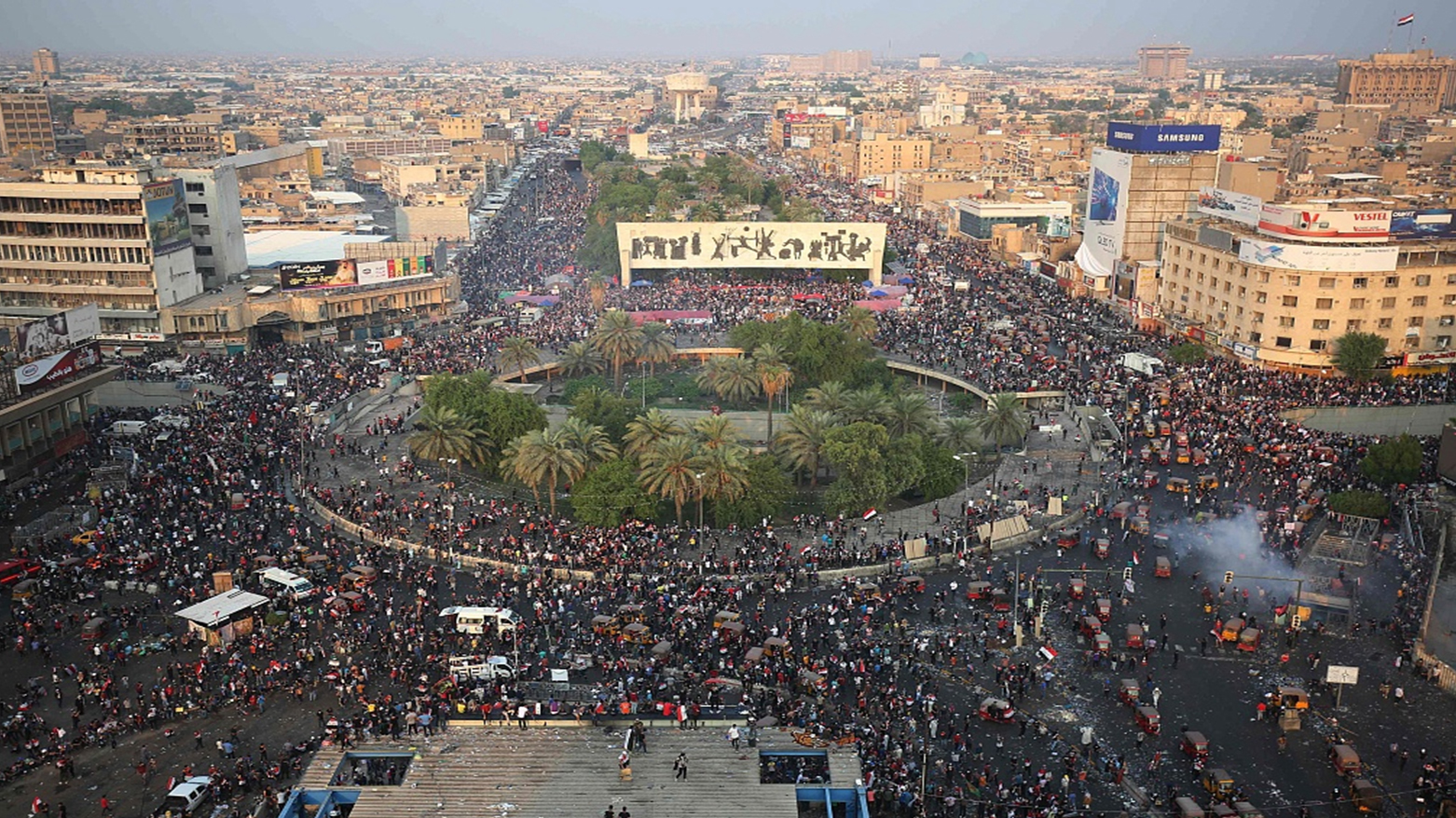Iraq Engulfed in New 2.5 Trillion-Dinar Scandal as Corruption Machinery Rolls On
The latest theft from the Social Welfare Fund exposes yet again how Iraq’s institutions remain captive to graft, political networks, and a system built to shield the corrupt—not the public.

ERBIL (Kurdistan24) — Iraq’s Integrity Commission announced Monday that it has begun an urgent investigation into the disappearance of 2.5 trillion Iraqi dinars from the Social Welfare Fund, after widespread reports suggested the massive sum was withdrawn without the knowledge of the relevant ministries. The scandal is the latest entry in a long history of corruption cases that have eroded public trust and consumed billions of dollars from Iraq’s state institutions.
According to the Commission, specialized teams have launched a full-scale inquiry to trace the funds, verify documentation, and prepare the legal groundwork for potential prosecutions.
The agency confirmed that it is responding directly to information circulating in the media and on social platforms, warning that the scale of the alleged embezzlement demands immediate scrutiny.
The controversy intensified when Ahmed al-Asadi, Iraq’s Minister of Labor and Social Affairs, revealed in a televised interview that the ministry was shocked to discover that 2.5 trillion dinars had been transferred between the Ministry of Finance and Rafidain Bank without any official notification.
“We were stunned,” he said, underscoring the lack of transparency that continues to plague Iraqi institutions.
The Integrity Commission also reiterated last week that it had succeeded in recovering 51 individuals wanted for corruption charges from abroad, noting that decades of mismanagement and political favoritism have enabled officials to smuggle vast public assets out of the country.
The agency recently signed a cooperation agreement with the Soufan Group to strengthen Iraq’s ability to track and reclaim stolen funds, build digital investigative tools, and establish direct channels with international law enforcement.
Meanwhile, Iraq’s Ministry of Interior announced on Sunday that it dismantled 12 financial fraud networks and 50 cyber-extortion networks over the past six months, in addition to taking legal action against more than 100 social media pages accused of defamation and digital manipulation.
Officials say these cases form only a small slice of Iraq’s much broader corruption landscape.
A Systemic Corruption Crisis: Iraq’s Permanent Shadow
The new scandal emerges against the backdrop of a deeply entrenched corruption ecosystem that has cost Iraq more than $400 billion since 2003, according to various parliamentary and international estimates.
From ghost employees and inflated contracts to smuggled oil revenues and forged customs receipts, corruption is widely seen as one of the most crippling obstacles to Iraq’s political stability and economic development.
Successive Iraqi governments have repeatedly pledged reform but have largely failed to dismantle the networks—often tied to political parties and armed groups—that dominate state institutions.
Experts argue that the problem is structural: weak oversight, politicized ministries, opaque procurement systems, and a judiciary frequently influenced by partisan pressure.
As a result, scandals like the missing 2.5 trillion dinars are not anomalies but symptoms of a state apparatus long hollowed out by clientelism. Iraq’s anti-corruption campaigns, often announced with fanfare, have struggled to produce lasting results, reinforcing public perceptions that accountability remains selectively enforced.
KRG’s Contrasting Approach
For the Kurdistan Regional Government (KRG), the chaos unfolding in Baghdad only reinforces the value of the region’s markedly different governance model—one that prioritizes institutional discipline, fiscal transparency, and long-term economic stability.
Unlike Iraq’s federal institutions, which remain mired in politicization and systemic corruption, the KRG has spent the past years advancing a comprehensive reform agenda that focuses on digitalizing government services, modernizing public administration, and tightening oversight over public expenditures.
Senior KRG officials consistently emphasize that the region’s progress in adopting electronic payment systems, automating revenue collection, and strengthening audit bodies is not merely bureaucratic reform—it is a deliberate strategy to insulate the Kurdistan Region from the financial chaos and political interference that plague Iraq’s federal ministries.
These measures have also been critical in enhancing investor confidence, allowing the Kurdistan Region to maintain stronger partnerships with international companies even as Baghdad’s credibility erodes.
While federal authorities scramble to contain yet another multi-trillion-dinar scandal, the contrast is stark: the KRG continues to build a rules-based, accountable governance system, while Iraq remains trapped in a cycle of mismanagement and corruption.
The latest crisis once again highlights why institutional resilience in the Kurdistan Region has become not only a regional asset, but a strategic necessity for its political and economic future.